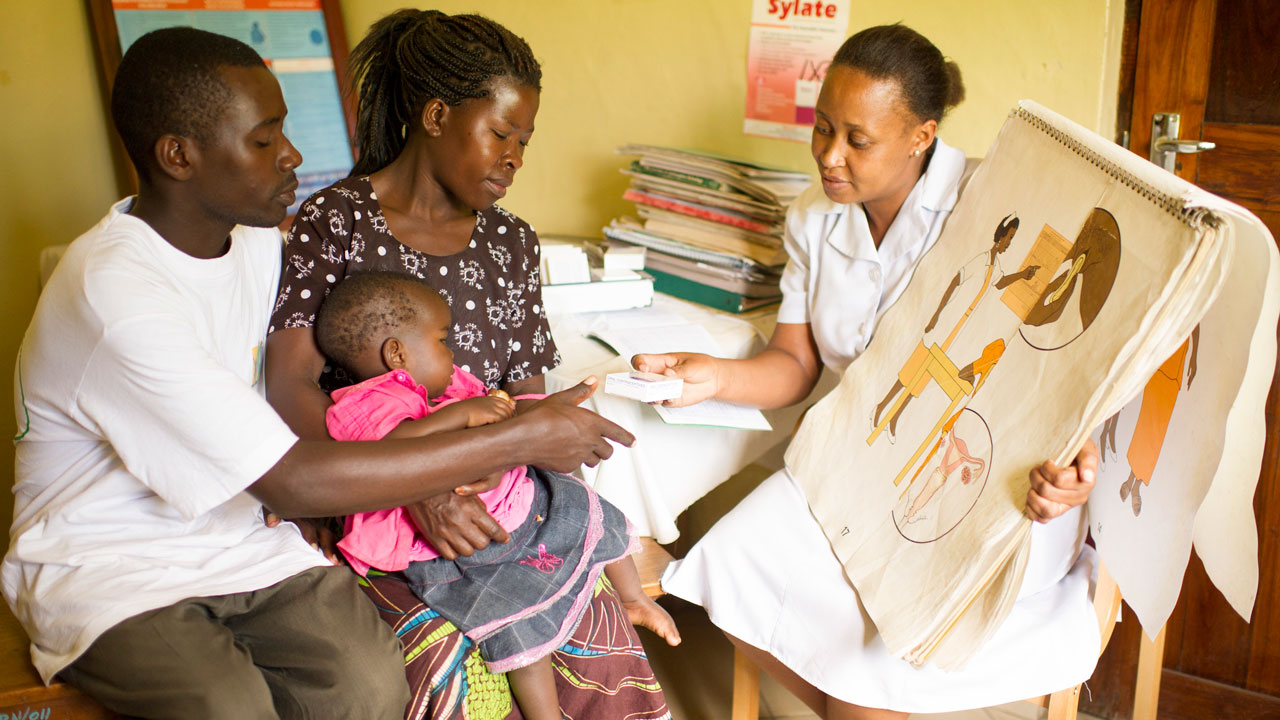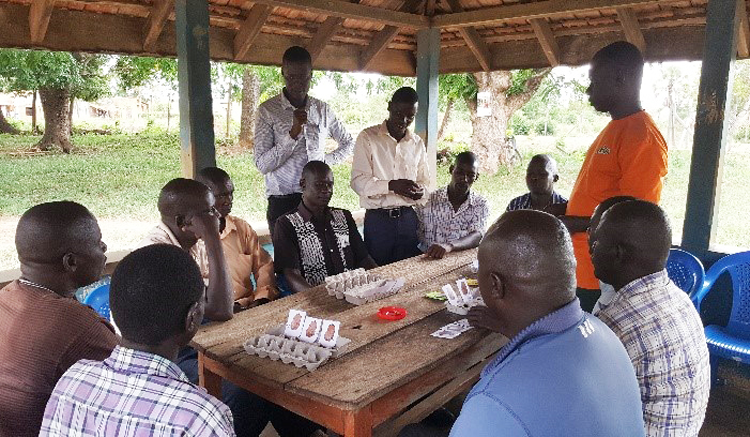Sixty percent of maternal deaths occur in countries experiencing conflict, displacement, or natural disasters. Family planning needs do not disappear during a crisis. In fact, these needs may grow more urgent as women may want to avoid pregnancy particularly during a crisis or period of displacement. As the average length of a crisis situation is nine years, speakers emphasized the importance of promoting sustainable solutions and programs to meet women’s and girls’ family planning needs in humanitarian settings.
Month: October 2019
Postpregnancy Family Planning Indicators to be Tracked Nationwide in Kenya
In June 2019, Kenya’s Ministry of Health approved the inclusion of new postpregnancy family planning (PPFP) indicators in the nation’s health information system. It is the first time that these indicators will be tracked systematically across all of the country’s health facilities. This advocacy win shows great potential to improve access to family planning across maternal and reproductive health units within facilities.
The political economy of family planning
Pakistan stands as the first country in the world, where the comprehensive family planning program was launched in the 60s. Pakistan has the highest population growth rate in South Asia. Surprisingly, soon after the results of the belated 2017 census, the realisation was that we had surpassed Brazil in standing the fifth most populous country of the world. Yet, there is a plethora of five-year plans and policies; revealing unsatisfactory outcomes. While the crowd is growing day-by-day, it is imperative to look at the political-economic dynamics of the family planning programs, which might be able to show us why we lag in tackling our population growth.
Ugandan youth leader scoops global health award
Mwesigye, 28, is the founder and team leader of the Uganda Youth and Adolescent Health Forum, a dynamic youth-led organization that seeks to advance quality health and well-being of adolescents and young people and promote gender equality at the community, national and global level
UN official urges Kenya to increase funding for family planning
Kenya should increase budgetary allocation towards family planning services in a bid to promote the health of mothers and girls, a UN official said on Monday.
Youths Want Inclusion In SRHR Planning
YOUTHS should be involved in the planning and implementation of Sexual Reproductive Health and Rights (SRHR) interventions if Zimbabwe is to address the unfinished business affecting young people, a United Nations Population Fund (UNFPA) official has said. Speaking on the side-lines of a two day International Conference on Population and Development (ICPD) Youth Engagement meeting, UNFPA Adolescents… Continue reading Youths Want Inclusion In SRHR Planning
Women urged to embrace modern family planning
Pokot men have been asked to support their wives and take birth control measures
Training community pharmacists to improve access to family planning services
Worried by the low level of uptake of contraceptive and family planning services in the country, medical experts have recommended the employment of community pharmacists (CPs) to reverse the situation.
New inter religious alliance to promote family planning
Representatives of different religious organizations have launched an interfaith alliance which will coordinate faith based organizations that will promote family planning.
New Game for Ugandan Men Uncovers Behavioral Barriers to Family Planning
Researchers hope the game will increase the use of modern contraceptive methods among postpartum couples.




